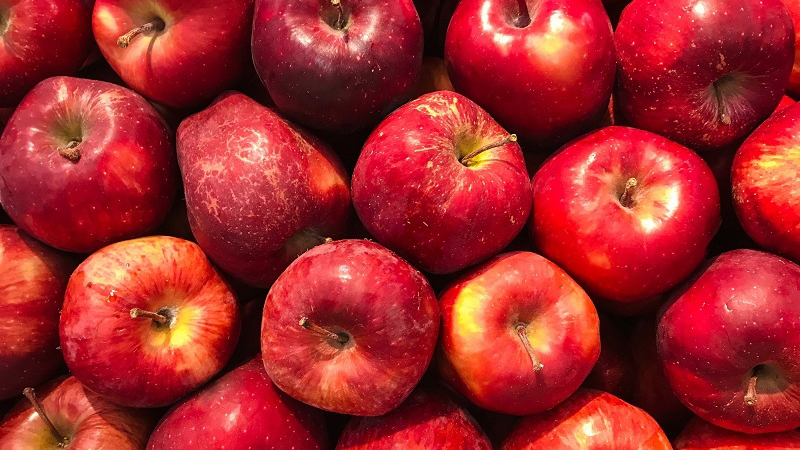Ship Shape? COVID-19 and the U.S. Ag Industry One Year Later
On April 1 last year, the State of Florida announced the shelter-in-place mandate as COVID-19 rapidly spread across the nation and the globe. We knew it was a big deal back then, but I am not sure we had any idea of the scope of the challenge that was unfolding before us.
A year has passed, and the consequences of this virus have been staggering. More than a half million American lives have been lost and countless others are suffering long-term health ramifications. That statistic alone puts COVID-19 high among the list of calamities that have befallen our country.
But there is good news emerging. As of this posting, the number of infections, hospitalizations, and deaths were coming down. People are getting vaccinated, and the drugs are becoming more readily available. I am hopeful there is light at the end of the tunnel, and we are headed toward more “normal” days.
When we get to more normal, things will still be different. There have been fundamental shifts in the way people do business and go about their daily lives. Some of those shifts have been good and creative, and some have been disruptive.
Videoconferencing via Zoom and other platforms was vitally important in helping businesses, and even families, stay connected in this time of separation. If your meeting and online seminar schedule looks anything like mine, I’d argue we have been more connected than ever before in the past year — at least virtually.
COVID-19 has been a boon for online commerce. The gains in online shopping will likely stay in place after the pandemic passes. Beyond the disruption to brick-and-mortar stores, it has impacted global transportation channels.
Agricultural exports have been delayed and shipping rates have skyrocketed. According to the Freightos Baltic Index, the cost of shipping container goods has risen by 80% since November and has tripled in the last year. Much of that ties back to shifts in consumer behavior due to COVID-19. The dollar they spent going out and entertaining themselves went to places like Amazon and purchases of apparel, electronics, furniture, and other items — a lot of which is manufactured in China.
This has turned global transit on its ear. Some shipping lines are leaving the U.S. empty to speed up their trip to China, then heading back to the U.S. loaded up with more profitable consumer goods. The transit to China usually was filled with our exports, a large part of that being agricultural.
The Specialty Soya and Grains Alliance, Agriculture Transportation Coalition, and 70 other agriculture associations sent a letter to the Biden administration calling for action to address the crisis. The letter notes: “One of the great commercial challenges of the on-going pandemic has been actions of ocean container carriers, including declining to carry our export cargo, severely injuring U.S. agriculture, food, and forestry product exporters, preventing us from delivering affordably and dependably to international markets.”
The letter calls on the Biden administration to invoke the U.S. Shipping Act, which allows a mechanism to prohibit unreasonable, unjust practices, and “to promote the growth and development of U.S. exports through competitive and efficient ocean transportation … .”
This disruption to global transport can’t be understated. Let’s hope reasonable action is taken soon to ensure smooth and fair global trade.










